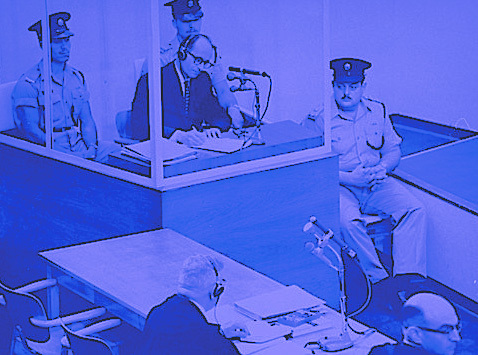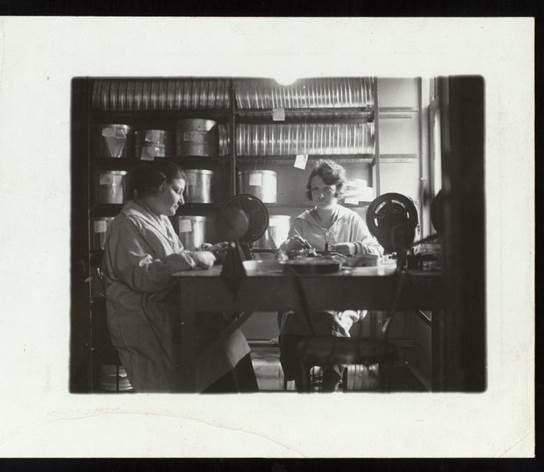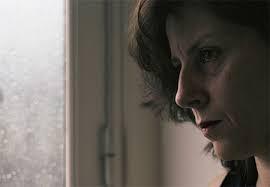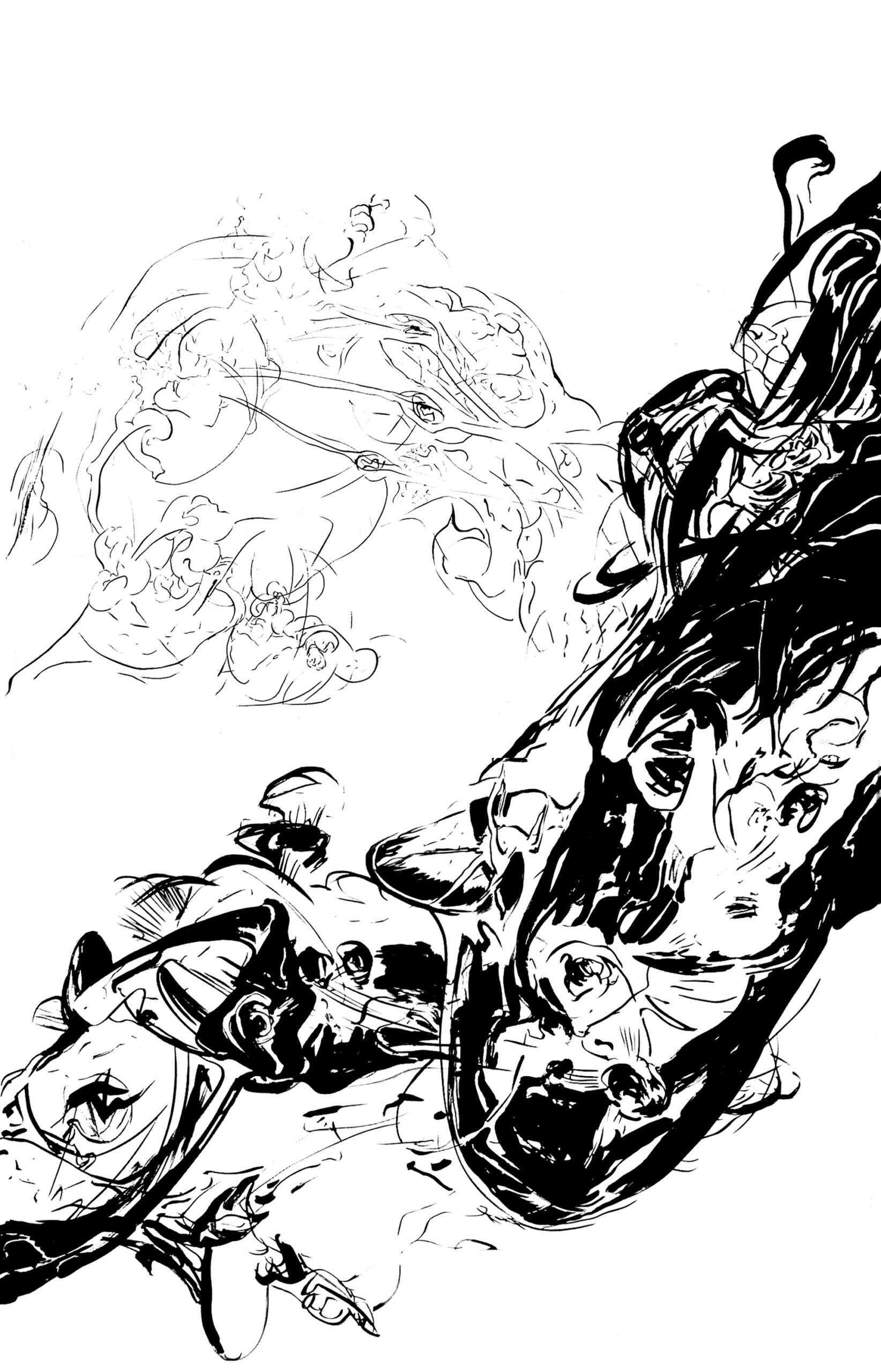Judicial Truth and Cinematographic Truth: The Filming of the Eichmann Trial
Wed, Feb 8, 2017
6:30 PM–8:30 PM
Room 4202

Based on the archives of the state of Israel and those of filmmaker Leo Hurwitz, Sylvie Lindeperg (French historian, Université Paris 1 Panthéon-Sorbonne) examines both the unprecedented decision to videotape the Eichmann trial in its entirety and the subsequent negotiations between broadcasting executive Milton Fruchtman, the Israeli government, and the judges in charge of the case. While her analysis of the recorded documents reveals the scenario’s principal tropes, her study of Hurwitz’s preparation for the trial underscores the disparity between the intentions and expectations of the filmmaker and the material reality of the event. In pursuing these lines of investigation, her talk explores the interaction between judicial ritual and TV drama as well as the unavoidable influence of the recording itself.
Sylvie Lindeperg is a historian whose research explores the relationship between cinema, history, and memory. A member of the Institut Universitaire de France, her books include Les Écrans de l’ombre (1997/2014), La Voie des Images (2013), and Night and Fog: a Film in History, which appeared in English in 2014. She is coauthor of the documentaries Face aux Fantômes (Jean-Louis Comolli, 2008) and Après la Nuit: Traces Filmées de la Résistance (Ginette Lavigne, 2014) and runs the Center for Research in Film History and Aesthetics at Paris 1.
Cosponsored by the PhD Program in French, the Film Studies Certificate Program, the Ph.D. Program in History at the Graduate Center CUNY, and the Romance Languages Department at Hunter College
Participants
Related Events
Event
Mediating the Archive: A Conference on Moving Images and Social Histories


